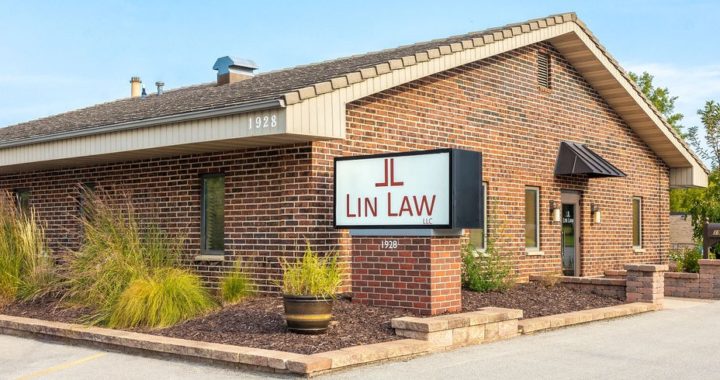On March 27, 2020, President Trump signed into law the Coronavirus Aid, Relief, and Economic Security Act (the “CARES Act”), authorizing the United States Small Business Administration (the “SBA”) to issue up to $349 billion in forgivable loans to eligible small businesses through June 30, 2020. SBA §7(a)-approved lenders will be begin processing loan applications as soon as April 3, 2020.
Under Section 1102 of the CARES Act, the “Paycheck Protection Program,” employers with five hundred (500) or fewer employees can borrow up to an amount equal to 2.5 times the employer’s average monthly payroll expense or $10 million, whichever is less. The Paycheck Protection Program waives a number of the requirements that are typically applicable to SBA loans, caps interest rates at four percent (4%), and provides for complete payment deferment (including payment of principal, interest and fees) for not less than six (6) months and not more than one (1) year.
Section 1106 of the CARES Act provides that the principal balance of a loan obtained under the Paycheck Protection Program is forgivable in full, provided that the loan is used to pay for business continuity expenses, including: payroll (wages, health insurance, sick leave, retirement, and other benefits), mortgage interest expenses, rent expenses, and utility expenses. However, the total amount of the principal balance that is forgiven will be reduced if an employer lays off employees who are not subsequently rehired or reduces compensation to employees by more than twenty-five percent (25%) during the covered period (March 1, 2020, through June 30, 2020).
The SBA recently updated its website to include information regarding Paycheck Protection Program loans, including a sample application form.
If you have any questions regarding this topic, please contact Lin Law LLC at (920) 393-1190.





